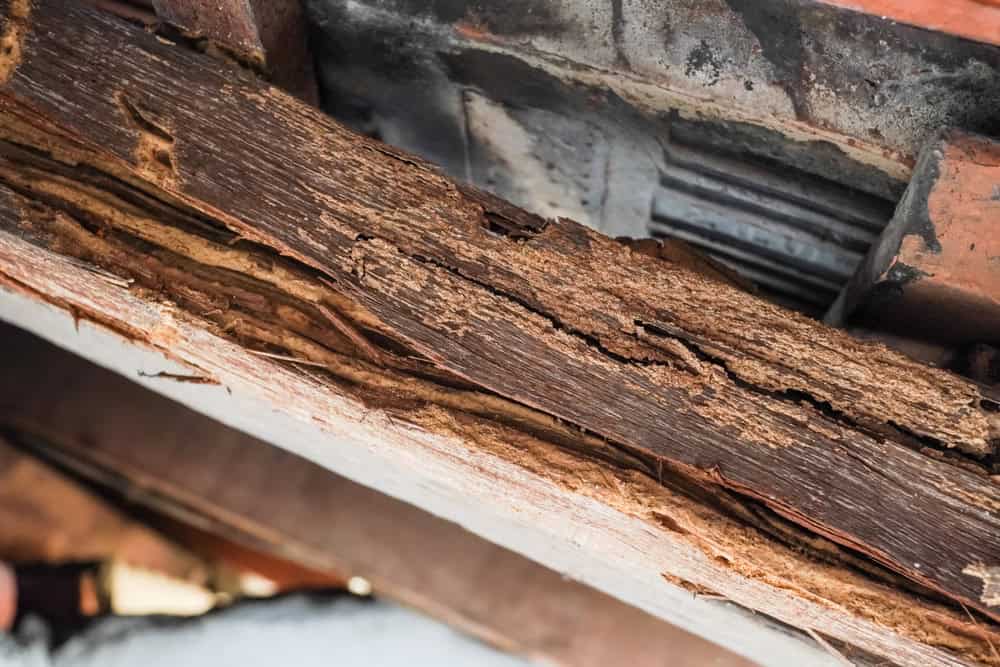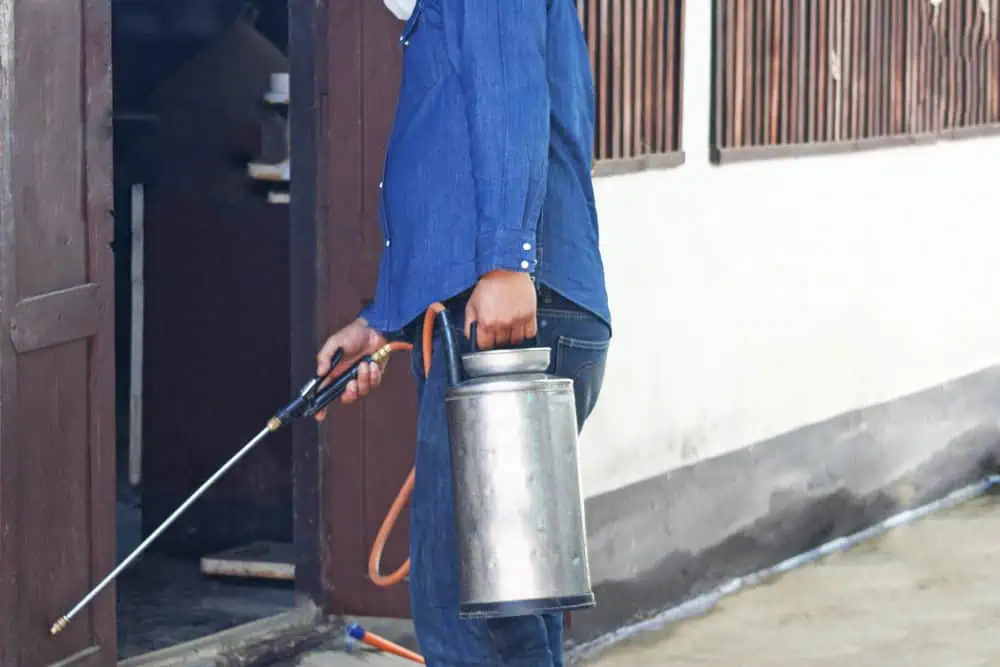Complete termite elimination and protection that actually works for Kirkwood homes.

Hear from Our Customers

You’ll sleep better knowing your home is protected from the silent destroyers that cost New Jersey homeowners thousands every year. Our termite treatment doesn’t just kill what’s there today—it creates a barrier that keeps them from coming back.
No more wondering if those small wood shavings near your foundation mean trouble. No more worrying about damage happening behind your walls where you can’t see it. You get complete peace of mind with a treatment plan designed specifically for Kirkwood’s climate and the termite species that thrive here.
When we’re done, you’ll have a home that’s protected, monitored, and maintained. That means your property value stays intact, your family stays safe, and you can focus on the things that actually matter to you.
86 Pest and Wildlife Removal has been protecting Kirkwood homes from termite damage for years. We understand exactly how New Jersey’s humid climate creates perfect conditions for subterranean termites—and more importantly, we know how to stop them.
You’re not getting a generic treatment plan designed for somewhere else. You’re getting local expertise that comes from actually working in Kirkwood, understanding the soil conditions, the housing types, and the specific termite species that target homes in Camden County.
We’re licensed, insured, and focused on one thing: making sure your termite problem gets solved the first time, completely, without the runaround or surprise fees that come with some of the bigger companies.

First, we inspect your property thoroughly—not just the obvious spots, but the areas where termites actually hide. We check your foundation, crawl spaces, basement, and anywhere moisture meets wood. You’ll know exactly what we find and what it means for your home.
If we find termite activity, we create a treatment plan that eliminates the entire colony, not just the termites you can see. We use targeted treatments that get to the source of the problem while keeping your family and pets safe.
After treatment, we don’t just disappear. We monitor your property to make sure the termites are gone and stay gone. You’ll get regular check-ins and the peace of mind that comes with knowing professionals are watching out for your investment.

Ready to get started?
You get a complete termite inspection that covers every area where these pests might be hiding. We’re looking for the early warning signs that most homeowners miss—mud tubes along your foundation, hollow-sounding wood, discarded wings near windows and doors.
Our treatment targets the specific termite species common to Kirkwood and Camden County. Subterranean termites behave differently than other species, and they require treatments designed specifically for how they build colonies and access your home.
You also get ongoing monitoring because termite prevention isn’t a one-time event. We’ll check your property regularly to catch any new activity before it becomes a problem. That’s how you protect your investment long-term, not just solve today’s issue.
